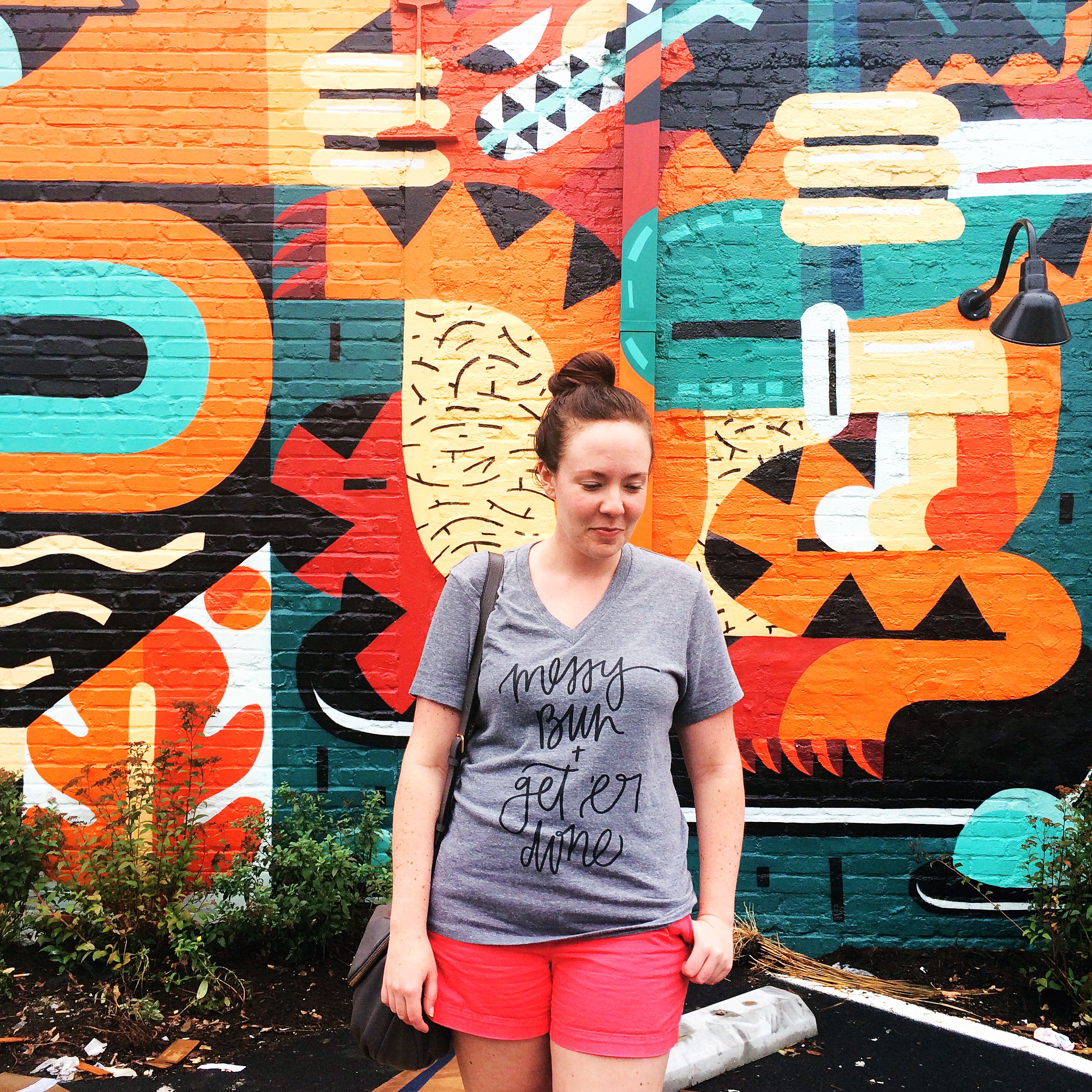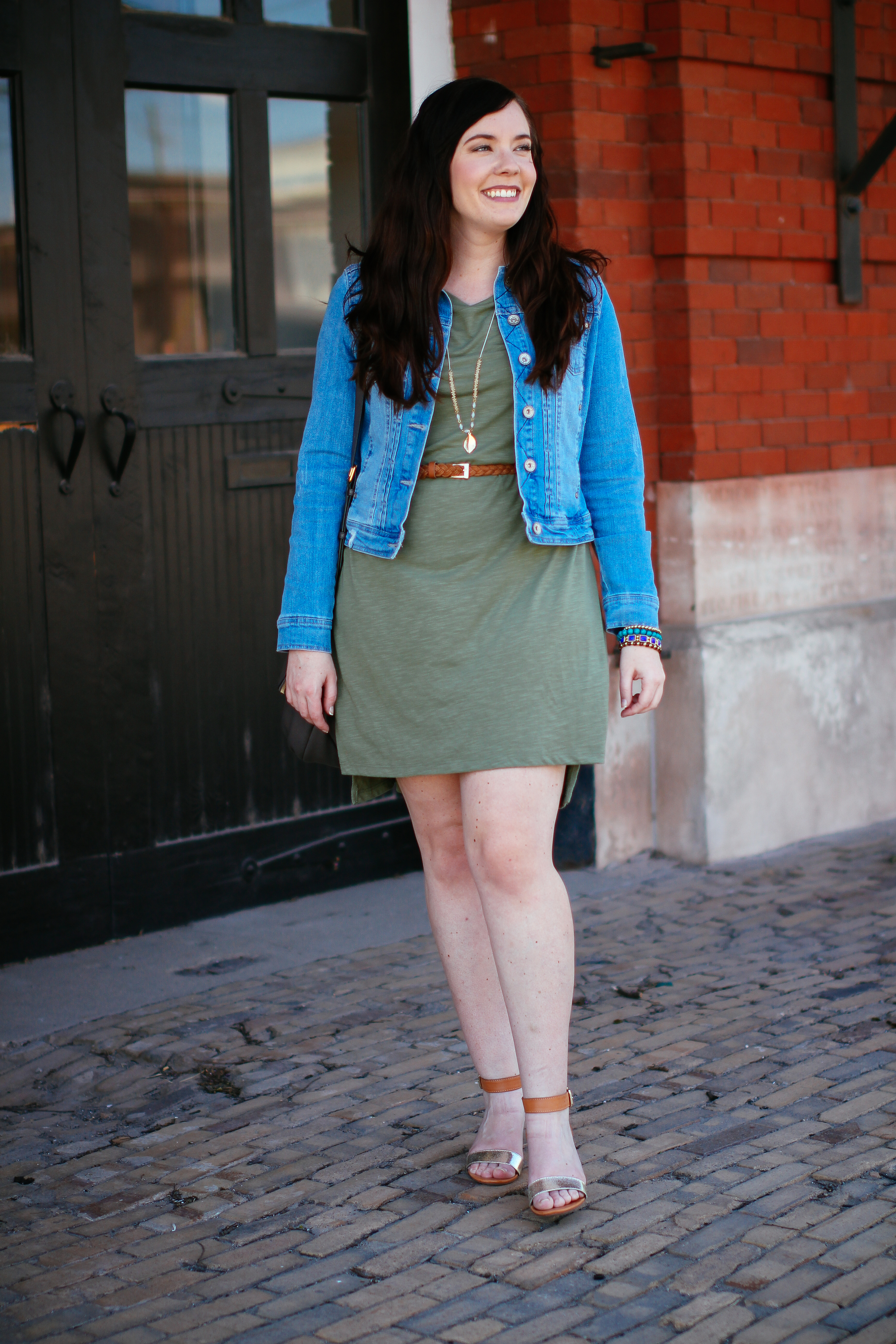When it comes to budgeting, a lot of people get overwhelmed and don't know what factors to consider, and therefore don't bother to create a budget at all. You would think that the accountant in me would not let this happen for myself personally, but I will say that I have been guilty of not managing money as closely as I should have in the past. That's not to say I'm out gallivanting all over town dropping Benjamins like it's nothing, but I was keeping everything in my head. Now, I do have a pretty stellar memory (they call me a steel trap at work) but I knew that this method wouldn't work forever. So since moving, I have decided to get down to business and really get a handle on things. I've got some trips and tricks to share, so that hopefully you'll be able to implement an attainable budget process into your own routine.
1.
Calculate your monthly take-home pay so you know how much you're working with.
I know that many employers are on a bi-weekly pay schedule (so 26 paychecks a year). If this is the case, take your bi-weekly pay x 26 payments, then divide by 12 to get your average monthly rate. Now in actuality, there are two months when you get the extra check so if your budget is a little more tight, a better method would be to take your bi-weekly pay x 2. You can check the calendar to see when you get the extra check and add that in at the appropriate time. Keep in mind, you should use
NET
pay.
2.
Figure out all recurring monthly expenses.
This would include rent, utilities, cable/internet, cell phone, car payments, and insurance. For the most part these would be the same each month, except for utilities which will vary by usage. This gives you a basis to start with so you know how much up front you will have to pay. Deduct that from your monthly pay and use this new amount for the next step.
3.
Consider all other recurring expenses that will fluctuate month to month.
This would be things like gas/transportation, food/groceries, and entertainment. I find it best to track how much you spend on these things for a couple months and then get a good average that you will be comfortable budgeting. For example, I know that I can go about two weeks on a tank of gas in my car, meaning I fill up twice a month on average. When you consider that it costs around $50 each fill up here, I would budget about $100 for gas a month. With groceries, I shop weekly and that's usually about $50 a week as well which covers three meals a day. It will also depend on if you're buying extras like condiments, spices, or things that last a while. I would consider eating out as a part of entertainment to keep things simpler, since it's more unpredictable as to how many times a week or month you will dine at a restaurant. Plus, it's typically a social activity with friends or family. Analyze a couple of months and see how often you go out to eat, go the movies, go to concerts, etc. and come up with a ballpark amount to allocate to entertainment. It doesn't have to be perfect, but the idea is to give yourself a general outline with numbers you can see.
4.
Decide on an amount you are comfortable setting aside each month for savings.
You might wonder why I would put savings after entertainment, but the way I see it, it is not worth living a life if you don't allow yourself to have some fun because you're so worried about saving everything. Of course, you can't go crazy and spend everything left over shopping and buying crap you don't need. If you have any ounce of self control, you'll be fine with determining a savings amount this way. You can use a flat percentage each month or look at each month individually and save more when your budget permits it.
5.
Keep track of it all however you are most comfortable.
For me, that's with good old fashioned pen and paper. I'm a color coordinating machine with my highlighters, too. For others, the best way might be with an app on their smart phone. If you're feeling really fancy, you might want to try a computer program such as Quicken. In any regard, however you choose, the point is to get it down in writing so that you can physically see the money coming in and going out. Having a visual will really help keep you in check and realize how much you are spending.
Other helpful tips:
- Don't worry if some items exceed your budget for any given month. These numbers aren't meant to be the end all, be all that you can spend. It's more about having a tool to see where your money is going.
- Don't rely on credit cards, but instead consider it a part of your normal spending. When I use mine, I factor this into the amount I have allocated in a certain category (usually gas and groceries, yay double points!). You can really get into trouble if you swipe that little piece of plastic without a second thought.
- Give yourself some wiggle room and try not to live paycheck to paycheck. This may be something you achieve over time, but it is definitely an important goal to reach. Obviously certain bills are due at various times through the month, and you don't want to deal with the stress of having to wait to pay for something until you get paid yourself.
- Have liquid savings that are easily accessible in an emergency, and higher interest-bearing savings that are long-term. A great idea would be to try the weekly savings challenge, where you set aside $1 the first week of the year, $2 the second week, and so on. At the end of the year, you will have $1,378. If your financial situation permitted, you could then roll this amount into a long-term investment such as a CD (certificate of deposit) which will earn higher interest, but you can't touch until it matures.
- Look for ways to save money, such as bringing your lunch to work, planning your meals so you don't wander aimlessly in the grocery store, and planning for larger purchases rather than making impulse buys. See this
post
for other life-organization ideas.
These tips have been great for me, and I've really been able to see how I'm spending my money. I encourage you to implement a budget in your life and see how it can help. If you have any other tips or tricks, I'd love for you to share them below!
xoxo,
Amanda

















